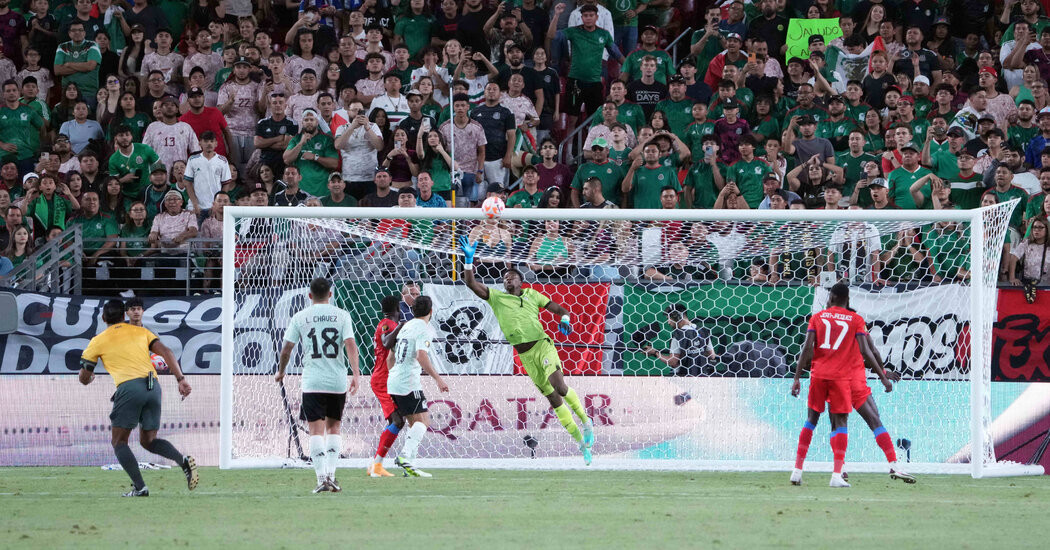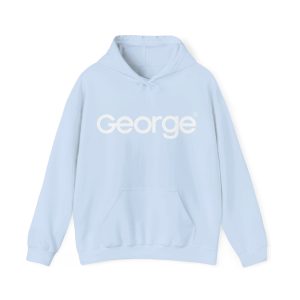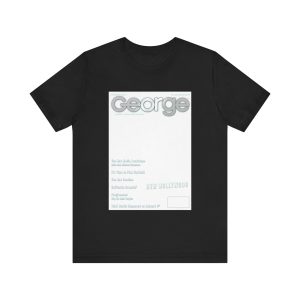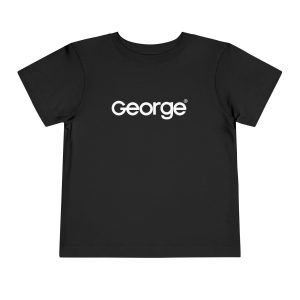

The proclamation said exemptions could be made for athletes and coaches participating in “major” competitions in the United States.
The proclamation President Trump’s signed this week banning travel to the United States by people from a dozen countries makes an exception for athletes, coaches and support staff for “major sporting events,” including the World Cup and the Olympics.
What qualifies as a major sporting event remains to be seen. Mr. Trump’s proclamation, issued on Wednesday, says that the secretary of state, Marco Rubio, will determine which events can receive an exemption.
A host of international sporting events are planned in the United States over the next months and years. While some of the countries on the ban list, like Chad and Yemen, are not traditional sporting powers, others, like Iran and Haiti, could well expect to send athletes to the United States for a range of competitions.
Mr. Trump also imposed a lower level of restrictions on seven other countries, including Cuba, a strong player on the international sporting stage, and Venezuela.
Decisions will have to be made quickly. The CONCACAF Gold Cup, the men’s soccer championship for North American, Central American and Caribbean nations, begins June 14 and will be played at sites across the United States (and one in Canada). Haiti has qualified for the competition and is scheduled to play games in San Diego, Houston and Arlington, Texas.
The Club World Cup, the world championship for men’s club soccer teams, also begins June 14 in several U.S. cities. No team based in a country on the banned list has qualified, but the teams involved include players and staff members from all over the world.
CONCACAF, which runs the Gold Cup, and FIFA, which runs the Club World Cup, did not immediately respond to requests for comment.
Other events coming to the United States this year — including the under-19 softball World Cup and the world skateboarding championships — are less likely to be considered “major” events. There are also big races, like the Chicago and New York marathons in the fall. Mr. Rubio may find himself facing a lot of judgment calls.
The implications for college athletics, where rosters in many sports are dotted with international students, are also unclear. The N.C.A.A. said Thursday that it had no comment.
Both events that are explicitly exempted from the ban — the men’s soccer World Cup and the Summer Olympics — are coming to the United States after this year. The World Cup is scheduled for 2026, and Iran has already qualified. (Hosting duties will be shared with Canada and Mexico.) Los Angeles will host the Summer Olympics in 2028.
“Both people that are coming and Americans would hope that we can have confidence that when people come to the United States that they are properly vetted,” Tommy Pigott, a State Department spokesman, said at a news briefing on Thursday afternoon when asked about the World Cup. “I think this is part of what it means to host an event of this magnitude.”



